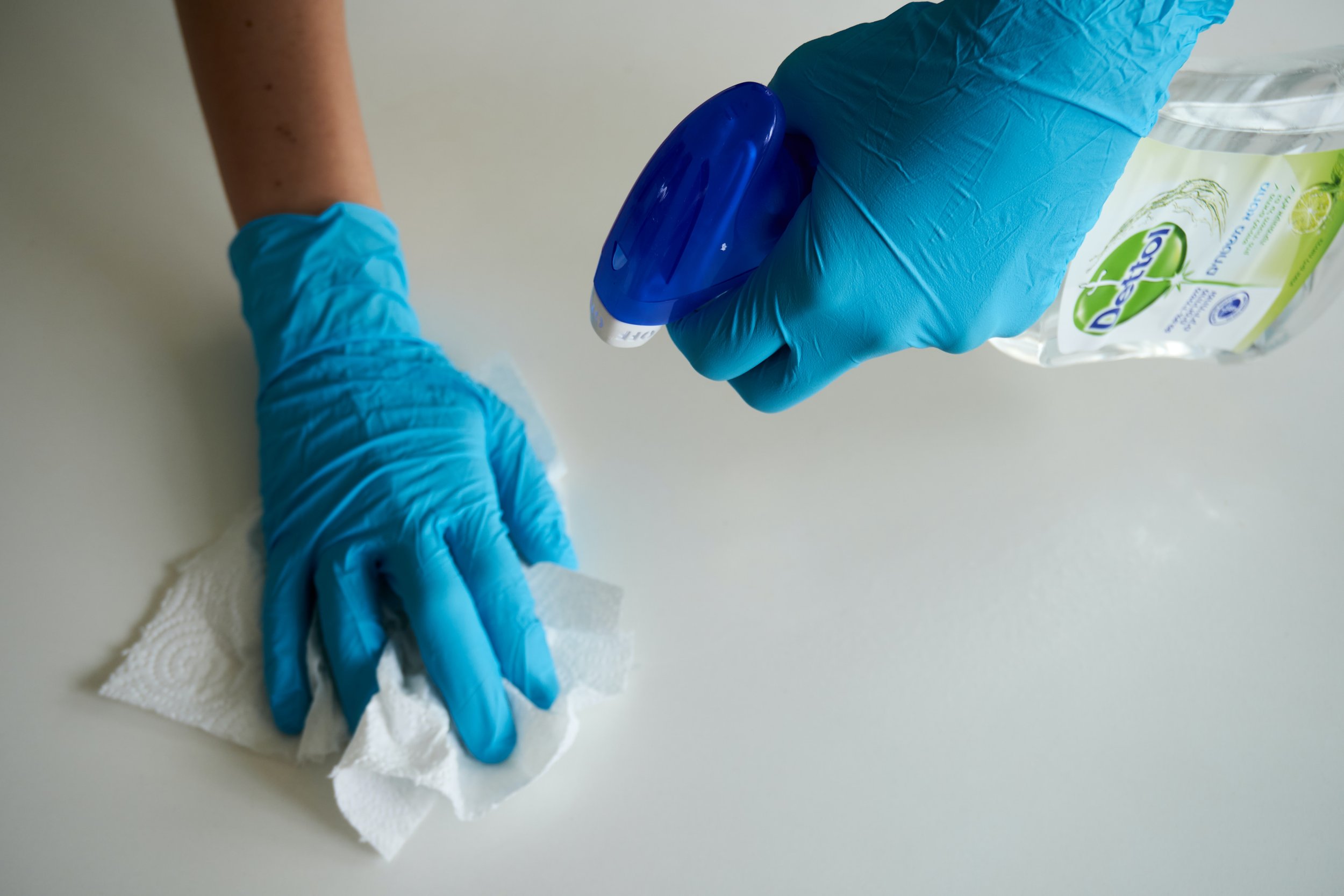Whilst most tenancies do run smoothly, some will unfortunately result in deposit disputes, causing landlords unforeseen costs, worries and delays.
As we have seen in our annual Tenancy Deposit Scheme's (TDS) statistical briefings, the most common reasons for tenancy disputes for the past five years have been:
Cleaning
Damage
Redecoration
Gardening
Rent arrears
The data won't come as a surprise to NRLA members. Fortunately, being aware of the common causes of deposit disputes can help landlords avoid common pitfalls.
The customer service team and adjudicators at TDS deal with the most common dispute, namely cleaning,on a regular basis. Here, we look at three cleaning disputes from TDS Landlords and advise how to avoid messy conflicts and make a clean getaway at the end of tenancy.
The carpet in my property is badly marked at the end of tenancy, can I make a deposit deduction for a replacement?
In order for a landlord to be able to claim for a replacement or compensatory award, they first need to show that they have tried to resolve the problem and have been unsuccessful. The adjudicator can then consider either an award for a failed attempt at removing the marks (with an invoice as evidence) or a contribution for replacing the carpet.
The landlord will need to show the adjudicator they've considered the most economical solution, that the damage caused is beyond fair wear and tear, and it's clearly shown within the inventory/check-in documentation that the damage was not present at the start of the tenancy.
My tenants are maintaining that I must pay for professional cleaning of the property if I want to make a deduction from the deposit. Is that correct?
No; it is not the landlord's responsibility to return the rental property to the same standard of cleanliness that it was at the start of your tenancy. If the property was cleaned to a professional standard at the beginning of the tenancy, and this is detailed within the inventory/check-in, then the tenant is required to return the property to this standard.
However if you do wish to make a deduction for cleaning, you will have to show that the amount you're claiming is reasonable, but a landlord is not obliged to pay to have the work done.
I've had a professional clean done on the property to remove strong cooking smells, but it hasn't worked. Can I make a claim?
A claim of this nature would need to be supported by the written word of the check-in report e.g. 'smells clean and fresh', 'free from odour', and the written word of the check-out report e.g. 'strong odour of cooking'.
It would also need to be shown that a professional clean had been undertaken to eradicate the odour, the extent of that clean and that the smell remained, such as an invoice from a cleaning contractor which details the work they have done and that cooking smells remained.
Cleaning disputes around smoke, pet, and cooking odours highlights the importance of conducting a detailed and thorough check-in and out of the property, including smells!
Worried about cleaning disputes? Take note of the following tips:
Does the TENANCY AGREEMENT clearly define that the tenant is responsible for cleaning? If not, your claim will have little chance of success.
Ensure that there is a DEPOSIT CLAUSE which allows you to use the deposit for (reasonable) cleaning costs. Is there a pet in the property, or are you renting to a smoker? Then consider including additional detail to cover yourself should you be left with strong odours or pet hair.
Is there an INVENTORY/CHECK-IN that accurately describes the cleanliness of each part of the property, and is there evidence the tenant has accepted the inventory as correct?
Is there clear evidence in an END OF TENANCY REPORT, including photographs if appropriate, detailing that the property is less clean at the end of the tenancy compared to at the start?
INVOICE/ESTIMATES Is the cost to clean the property to its original condition reasonable? Ensure you have the paperwork to back up your fees.

